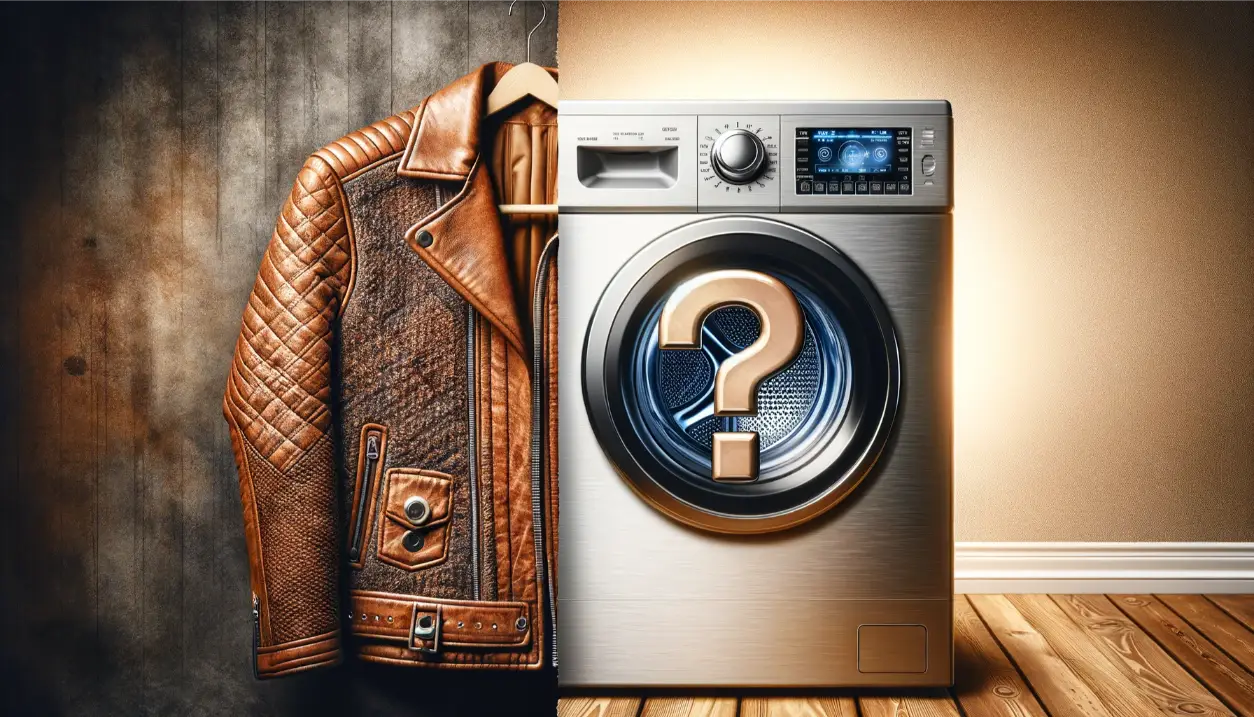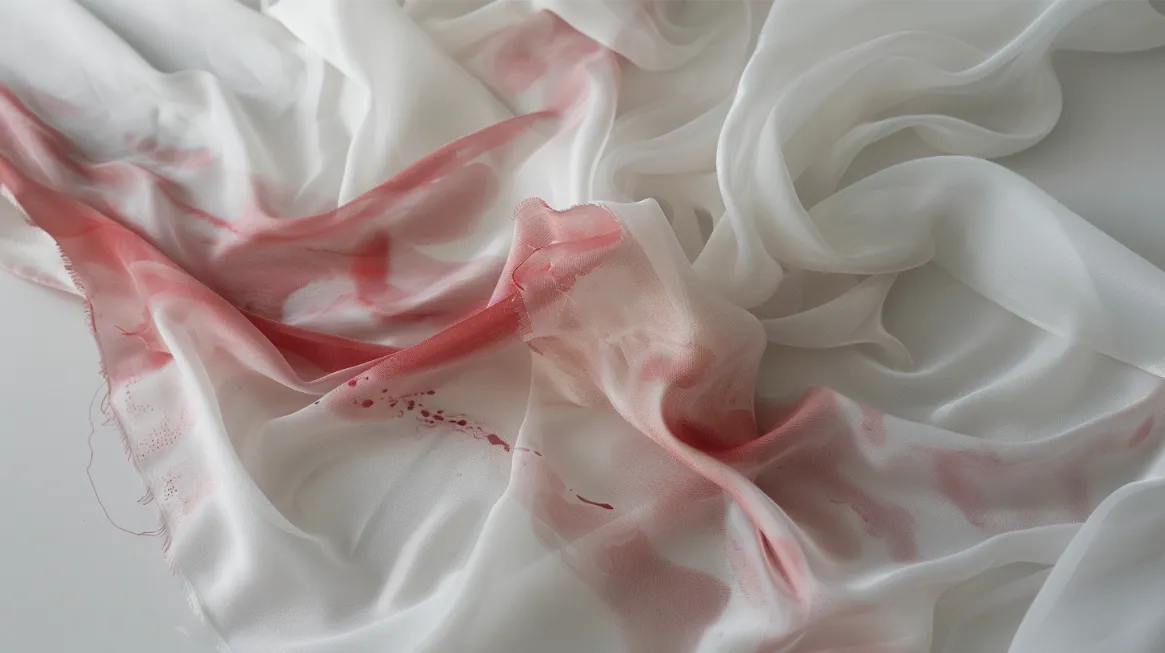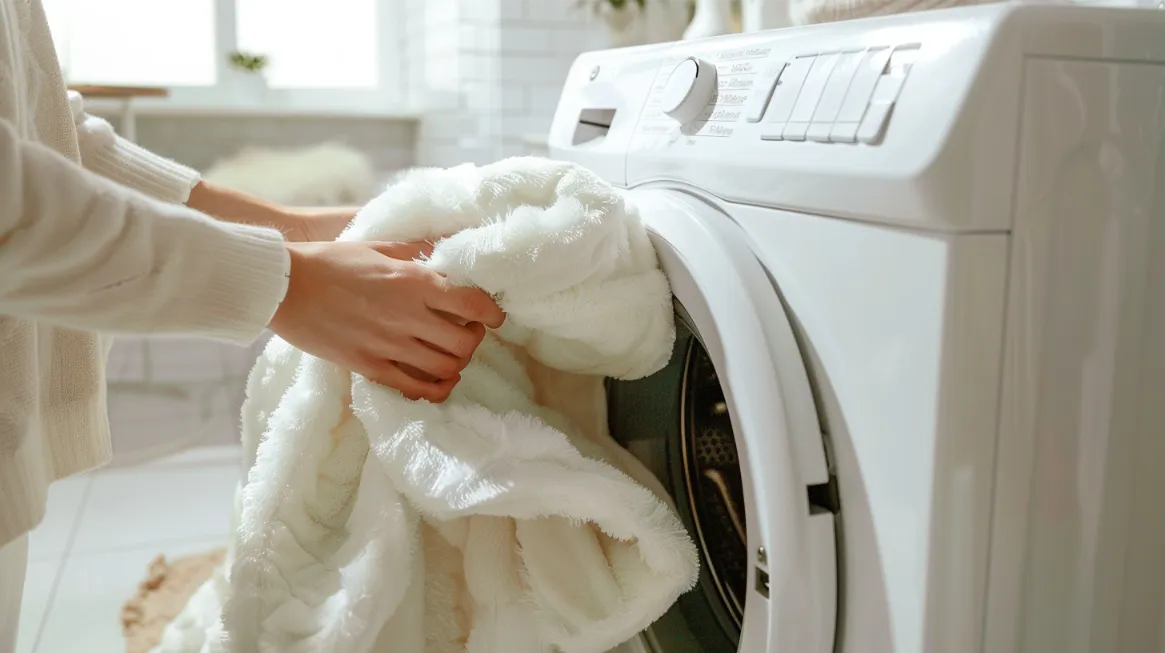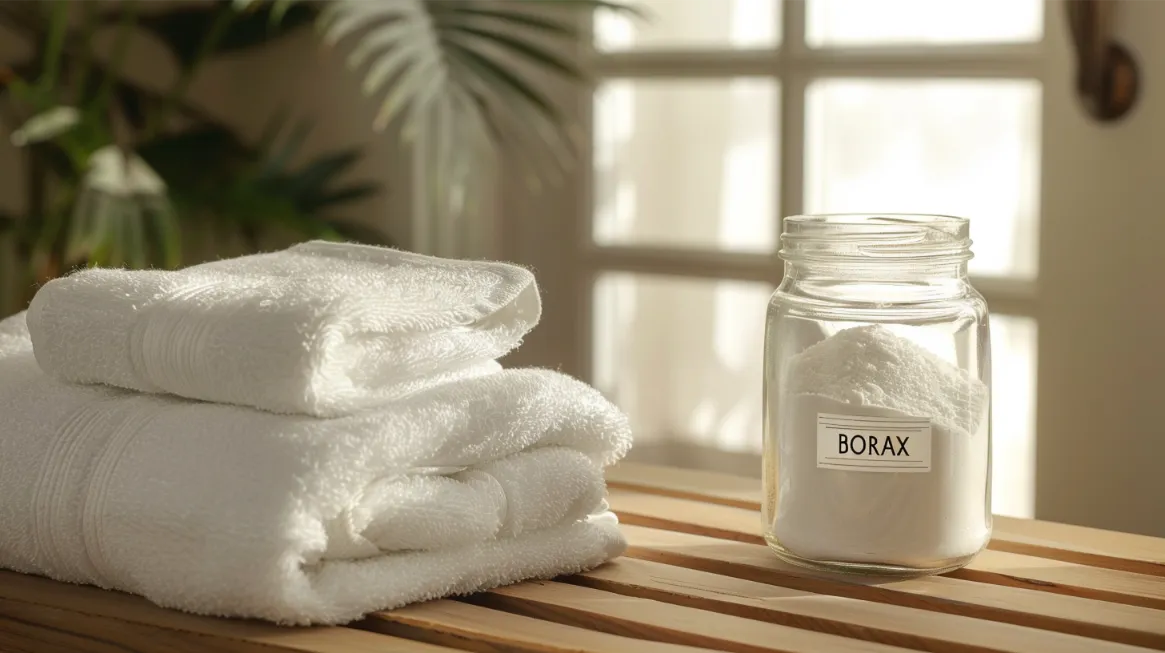Maintaining clean and fresh sheets is essential for a healthy sleep environment, but how often should you wash them? The answer may not be as straightforward as you think.
While some experts recommend washing sheets weekly, others argue for a longer interval. Factors such as personal hygiene, allergies, and climate can all influence the frequency.
This comprehensive guide will delve into the factors determining how often you should wash your sheets, providing the knowledge you need to make an informed decision.
So, let’s uncover the secrets to a clean and comfortable sleep experience.
Key Takeaways
- Personal habits, sweating, and skin conditions impact sheet cleanliness, influencing how often they should be washed.
- Regular sheet washing prevents dirt, allergens, bacteria, and fungi buildup and promotes better sleep hygiene.
- The proper temperature for washing sheets depends on factors like fabric type and care instructions.
- Additional sheet care tips include rotating sheets, using gentle detergent, drying in the sun, and replacing every 2-3 years.
Factors Influencing Washing Frequency
Factors influencing the frequency with which you should wash your sheets include personal habits, sweating, and skin conditions. Your sheets come into contact with your skin every night, and as a result, they accumulate dead skin cells, sweat, and oils. These substances create an ideal environment for dust mites, which feed on dead skin cells. If you are allergic to dust mites or have sensitive skin, it is recommended to wash your bedding more frequently to reduce exposure to allergens and irritants.
Additionally, if you sweat heavily during sleep or have a skin condition that causes excessive oil production, it is advisable to wash your sheets more often. Sweat and oils can penetrate the fabric of your sheets, creating an environment that promotes bacterial growth and unpleasant odors.
Furthermore, if you have pets that sleep in your bed, you may need to wash your sheets every 3-4 days. Pets can carry dirt, dander, and outdoor allergens, accumulating on your bedding and potentially triggering allergies or respiratory issues.
On the other hand, guest room sheets can be washed less frequently since they are typically used less often. However, washing them regularly to maintain cleanliness and prevent the buildup of dust and allergens is still important.
Importance of Regular Sheet Washing
Regular sheet washing is crucial for maintaining cleanliness, preventing the buildup of dirt and allergens, and promoting a healthy sleeping environment. When we sleep, our bodies shed dead skin cells, sweat, and oils, accumulating on our sheets over time. If left unwashed, these substances create a breeding ground for dust mites, allergens, bacteria, and fungi. This can lead to skin irritation, allergies, and even respiratory issues.
Did you know unwashed sheets can harbor more bacteria than a toilet seat? It’s a startling fact, but it highlights the importance of regular sheet washing. We can remove these contaminants by washing our sheets regularly and creating a clean and hygienic sleeping space.
Not only does regular sheet washing contribute to cleanliness, but it also helps to maintain the overall quality of our sleep. Clean sheets promote better sleep hygiene, as we can rest easy knowing that we are sleeping on fresh and clean bedding. Additionally, maintaining a routine of washing our sheets extends their lifespan, ensuring they remain comfortable and free from buildup.
Tips for Effective Sheet Cleaning
Follow these expert tips to clean your sheets and maintain their cleanliness and quality effectively. Before washing your sheets, it is important to treat any stains to prevent them from setting in. For general stains like food, dirt, or bodily fluids, spot removers such as Shout or Zout can effectively remove them. These spot removers are designed to tackle common stains and ensure thorough cleaning.
However, you may need to take additional steps for stricter stains like blood or wine. Soaking the sheets in a solution of OxiClean can help break down these stubborn stains and facilitate their removal. Additionally, if you have grease stains on your sheets, dish soap can be highly effective in removing them.
After washing your sheets, checking and removing any remaining stains is essential. This will ensure that the stains are entirely removed and that your sheets maintain quality. By following these cleaning tips and treating stains before washing, you can effectively clean your sheets and maintain their cleanliness and quality for longer.
Handling Stains Before Washing
Before washing your sheets, it is important to handle any stains that may be present. Pre-treating stubborn stains can help prevent them from setting in and becoming more difficult to remove.
This can be done by choosing the right stain remover and using effective stain-removal techniques to ensure that your sheets come out clean and stain-free after each wash.
Pre-Treating Stubborn Stains
When it comes to maintaining the cleanliness and freshness of your sheets, it is essential to address stubborn stains before washing them. Here are some effective ways to pre-treat stains before tossing your sheets into the wash cycle:
- Use spot removers like Shout or Zout for food, dirt, and bodily fluid stains. These products are specifically designed to target and remove these types of stains.
- Tough stains like blood or wine can be soaked with OxiClean. Follow the instructions on the packaging to ensure effective stain removal.
- Dish soap is a great option for treating grease stains on sheets. Apply a small amount of dish soap to the stain and gently scrub before washing.
- Don’t forget to check and retreat stains after every wash cycle. This ensures that stubborn stains are completely removed and your sheets stay fresh and clean.
Choosing the Right Stain Remover
Spot removers effectively treat food, dirt, and bodily fluid stains on sheets before washing. There are a few options when choosing the proper stain remover for your sheets.
For general stains, spot removers like Shout or Zout are recommended. These products are designed to penetrate the fabric and break down tough stains, making them easier to remove during the wash cycle.
Soaking the affected area with OxiClean can provide effective results for tough stains like blood or wine. Additionally, dish soap is an excellent option for pre-treatment before washing for grease stains.
Remember to check and retreat stains after every wash cycle to ensure complete removal. By using the right stain remover and pre-treating stains, you can maintain the cleanliness and appearance of your sheets.
Effective Stain Removal Techniques
To effectively handle stains before washing your sheets, it is crucial to employ the proper stain removal techniques. Here are some effective methods to ensure the freshness and cleanliness of your sheets:
- Use spot removers like Shout or Zout for food, dirt, and bodily fluid stains. These products are specifically designed to target and remove these stains effectively.
- Soak the affected area with OxiClean before washing for tough stains like blood or wine. OxiClean is known for its powerful stain-fighting properties and can help eliminate stubborn stains.
- Dish soap can be a great solution for treating grease stains on sheets. Apply a small amount of dish soap to the stain and gently rub it before washing.
- Remember to check and retreat stains after every wash cycle to ensure complete removal. This will help maintain the cleanliness and freshness of your sheets.
Proper Temperature for Washing Sheets
When washing sheets, selecting the proper water temperature is essential for maintaining cleanliness and preserving fabric quality.
Hot water can effectively disinfect bedding after illnesses or accidents, while cold water is recommended for regular washing to prevent damage to the fabric. Additionally, warm water is ideal for tackling tough stains like coffee or grease.
Considering the fabric type and care instructions will help determine the ideal water temperature for washing sheets and ensure their longevity.
Ideal Water Temperature
The proper temperature for washing sheets is vital for maintaining fabric quality and effectively removing stains. Here are the ideal water temperatures for washing sheets:
- Cold water: Washing sheets in cold water is recommended for regular maintenance and fabric care. Cold water helps preserve fabric quality and prevents shrinking, ensuring your sheets last longer.
- Warm water: When dealing with tough stains like coffee or sweat, using warm water is effective for lifting and removing them. The warmth helps break down the stains, improving the overall cleanliness of your sheets.
- Hot water: In cases where bedding needs disinfection, such as after illnesses or accidents. It can kill germs and bacteria, ensuring hygiene and peace of mind.
- Follow care instructions: Always check the care instructions on the label of your sheets. They provide specific guidance on the proper water temperature for washing, ensuring the best results for stain removal and fabric care.
Hot Water Vs. Cold Water
Hot and cold water have advantages and considerations when determining the proper temperature for washing sheets. Hot water effectively kills germs and bacteria, making it ideal for washing sheets after illnesses or heavy soiling. White sheets are also recommended to maintain their brightness and cleanliness. However, hot water can cause fabric shrinkage and may reduce the overall lifespan of the sheets.
On the other hand, cold water is gentler on fabrics and helps preserve fabric quality, preventing shrinkage and extending the sheets’ lifespan. While it may not be as effective in killing germs and bacteria, cold water is suitable for regular sheet washing. For a balanced approach, warm water can effectively remove tough stains like coffee or sweat without damaging the sheets’ fabric.
Ultimately, the choice between hot water and cold water depends on personal preference, fabric quality, and the specific cleaning needs of the sheets.
The Role of Bleach in Sheet Cleaning
Bleach plays a crucial role in maintaining the brightness and cleanliness of white sheets by effectively removing stains and discoloration without causing damage to the fabric. Here are four key points to understand the role of bleach in sheet cleaning:
- Stain removal: Bleach, especially color-safe or oxygen bleach, is a powerful stain remover for tough stains like blood, wine, or food on white sheets. It helps eliminate these stubborn marks, leaving your sheets fresh and clean.
- Brightness maintenance: White sheets benefit from occasional bleaching to keep them looking bright and vibrant. Bleach helps remove discoloration over time, ensuring that your sheets remain pristine.
- Fabric care: When used correctly, bleach can remove stains without damaging the fabric. It is essential to follow the instructions on the bleach label and use the recommended amount to prevent potential harm to your sheets.
- Extended lifespan: Proper use of bleach can extend the lifespan of white sheets. By keeping them bright and stain-free, bleach helps preserve the quality of the fabric, allowing you to enjoy your sheets for a more extended period.
Incorporating bleach into your sheet cleaning routine is an excellent way to ensure your white sheets remain clean and bright. Just remember to use bleach responsibly and follow the instructions to maintain the longevity of your sheets.
Frequently Asked Questions
How Often Should You Realistically Wash Your Sheets?
The frequency of washing sheets depends on personal habits and lifestyle factors. However, most experts recommend washing them weekly to maintain cleanliness and hygiene. Regular washing helps eliminate dust mites, bacteria, and allergens for a healthier sleep environment.
Is It OK to Change Bed Sheets Once a Month?
Changing bed sheets only once a month is generally not recommended due to the accumulation of dirt, oils, sweat, dead skin cells, dust mites, and allergens. Regular washing is necessary to maintain cleanliness, and hygiene, and prevent skin irritation, acne breakouts, and allergy symptoms.
How Often Do Married Couples Change Their Sheets?
Married couples should change their sheets at least once a week for optimal cleanliness and hygiene. Regular sheet changes help prevent the accumulation of dirt and oils, ensuring a fresh sleeping environment. Factors like pets or allergies may necessitate more frequent washing.
What Happens if You Don’t Wash Your Sheets?
Neglecting to wash your sheets can lead to a buildup of dirt, dead skin cells, body oils, sweat, and dust mites. This can cause skin irritation, worsen allergies, impact respiratory health, and increase the risk of bacterial and fungal infections.










